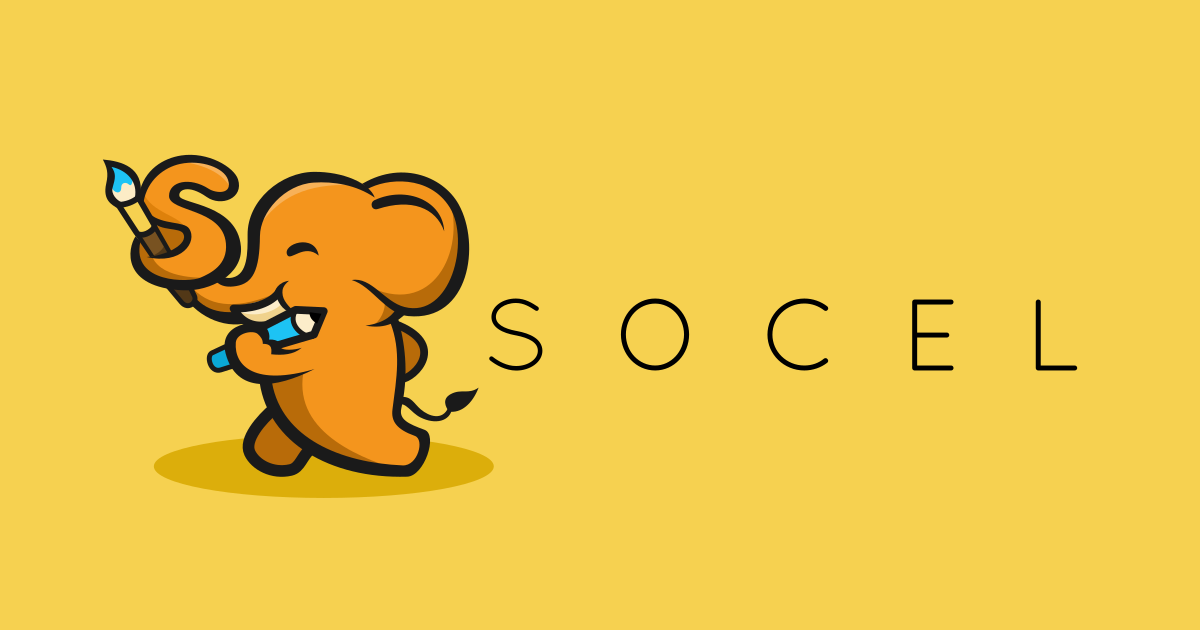When it comes to standing up to #Trump, I laud #Maine Governor #JanetMills. But when it comes to #Wabanaki #Sovereignty, building wind terminals on undeveloped islands (#SearsIsland / #Wahsumkik ), destroying trees to supply #WesternMass with electrcitiy, or building highways through farmland (#MDOT), we definitely DO NOT always see eye-to-eye!
Governor opposed to latest change to #SettlementAct backed by #WabanakiNations
by Emma Davis
Wed, April 9, 2025
"Discussion of legislation to afford the Wabanaki Nations more authority over their land revealed that Gov. Janet Mills does not support the change, presenting a steep path for a plan that otherwise has bipartisan support.
"After not testifying during the public hearing last week, the governor’s counsel, Jerry Reid, told the Judiciary Committee on Wednesday that Mills’ concerns stem from the inability to predict the future needs of state government, an issue also raised in written testimony from the #MaineDepartmentOfTransportation, which was made available after the hearing.
"When pressed by committee members, Reid said he doesn’t have a specific example of an infrastructure project that would warrant seizing tribal land but that, 'We need to write the law mindful of the potential for problems.'
"While Reid and Wabanaki leaders noted that progress has and continues to be made to improve the relationship between the state and Wabanaki Nations, Reid added, 'the fact that we have such a good relationship right now might not always be true.'
"The U.S. government can seize private property for public use, a principle known as eminent domain, however that authority is restricted by the Fifth Amendment of the U.S. Constitution, which requires just compensation for land taken, as well as some federal laws.
"The 1834 federal Indian Nonintercourse Act prohibited land transactions with tribes unless authorized by Congress. However, the 1980 Maine Indian Claims Settlement Act specified that that federal law was not applicable to the #HoultonBand of #Maliseet Indians, the #PassamaquoddyTribe and the #PenobscotNation.
"This is the act that has overall resulted in the Tribes being treated more akin to #municipalities than #SovereignNations. So far, sweeping changes to the act have failed due to opposition from Mills, but the governor, lawmakers and Wabanaki leaders have successfully made some targeted adjustments, including expanding tribal authority to prosecute crimes last year.
"The legislation being considered this session, #LD958, would amend the Settlement Act to prohibit the state from exercising eminent domain on trust and reservation land, which is protected under federal law, though fee land — or private property for which the owner owns the title — would still be subject to the state taking.
"The bill would also amend the 2023 #MikmaqNationRestorationAct to make this change for the Mi’kmaq Nation, which wasn’t included in the Settlement Act.
"On Tuesday, the Taxation Committee unanimously voted in favor of a bill to ensure equal tax treatment among all of the Wabanaki Nations, which Mills supports. #LD982 would provide the #MikmaqNation the same rights to sales tax revenue on its land that the other three tribes of the Wabanaki Nations were granted in 2022 through an amendment to the Settlement Act.
State hasn’t exercised this authority in decades, but argues it’s necessary
"The state hasn’t exercised eminent domain over #TribalLands since the #SettlementAct. However, testimony from Wabanaki leaders and state government officials underscore that it is a possibility."
Source:
https://www.yahoo.com/news/governor-opposed-latest-change-settlement-185134791.html
#MaineSettlementAct #EminentDomain #LandTheft #FirstNations #WabanakiConfederancy
#MaineFirstNations #Maine #MainePol
#NativeAmericanNews #TribalSovereignty




